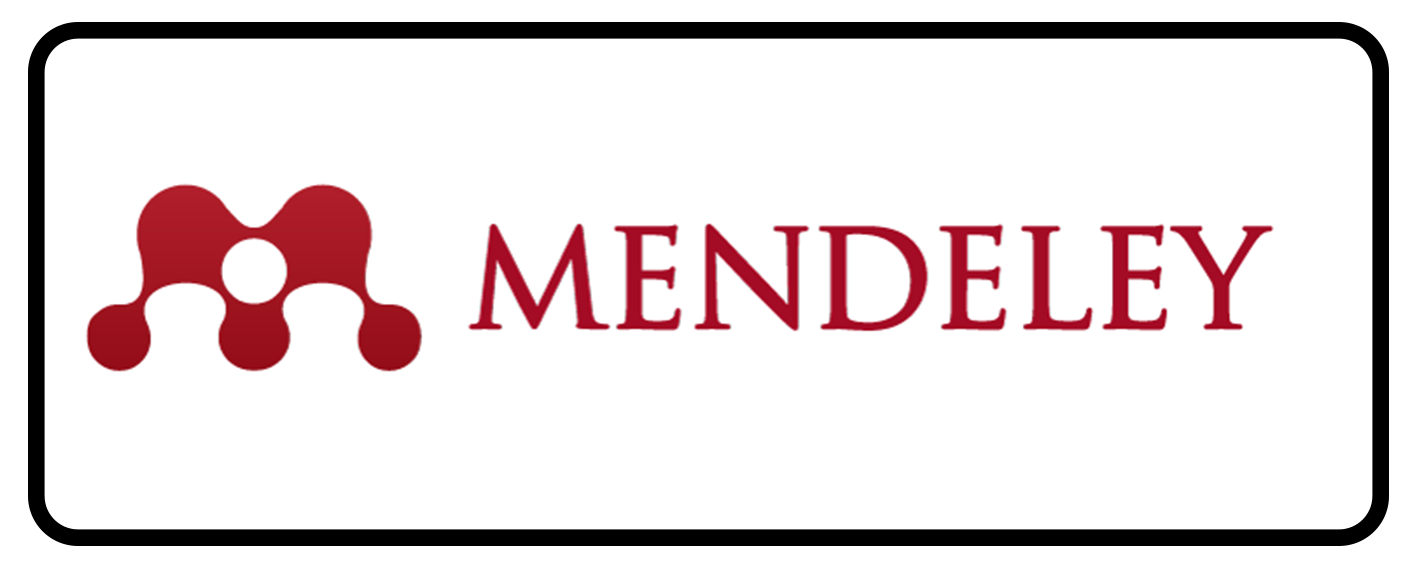TEACHING INNOVATION BY USING TASK BASED LEARNING
Abstract
This study is concerned on the notion of using Task-Based Learning for teaching English Integrated Skills to the students of the first semester of English Department, Mulawarman University. In fact, most students have minimum knowledge and ability on English skills when they attend the class for their first semester. They also have lacks knowledge on grammar and limited vocabulary. The other factors determine the students’ success in learning a language are teaching methods, teachers’ competence on language and pedagogy, school environment, facilities and media. The limited and lacks of those factors cause unsuccessful in learning a language. A teaching innovation is necessary to be applied to the students in order that the students are able to know well about the language knowledge and theory, all at once, they can practice it although it is just in the classroom situation. The writer intends to introduce and try out the method of Task-Based Learning to the students while they are learning English. Task based learning is a different way to teach languages. It can help the student by placing her in a situation like in the real world. A situation where oral communication used is essential for doing a specific task. Task-based learning offers the student an opportunity to do exactly meaningful tasks or activities. The primary focus of classroom activity is the task and language is the instrument which the students use to complete it. The writer is interested to describe on how the Task-Based Learning is and what activities can be applied to teach English by using this method. This study produces some kinds of activities to teach English based on the topics which the activities on each topic is divided into three phases. Actually, it is the product of doing design and development research. It produces the teaching instructional model which applies Task-Based learning that can be utilized for teaching integrated skills.
Keywords: task-based learning, phases of learning, integrated skills
Full Text:
PDF (BAHASA INGGRIS)References
Ary, D., Jacobs, L.C., & Razavieh, A. (2002). Introduction to Research in Education. Belmont: Wadsworth, Thomson Learning
Bowen, T. (N.D.). Teaching Approaches: Task-Based Learning. (http://www.teachingenglish.org.uk/article/criteria-identifying-tasks-tbl, Accessed on October 25, 2014).
Branden, V. (2009). Task-Based Language Teaching.
Briggs, L.J. (Ed).(1977). Instructional Design: Principles and Applications. Engelwood Cliffs, NJ: Educational Technology Publications.
Education and Culture DG, Lifelong Learning Programme, funded by European Commision. (n.d) Task-Based Learning. ( http://www.languages.dk/archive/pools-m/manuals/final/taskuk.pdf, accessed on October 25, 2014).
Edwards, C. and Willis, J. 2005. Teachers Exploring Tasks in English Language Teaching. New York: Palgrave Macmillan
Ellis, R. (2009). Task-Based Language Teaching: Sorting out the Misunderstandings.International Journal of Applied Linguistics, 19(3), 221-246.
Krashen, S. (1989). Language Acquisition and Language Education. London: Prentice Hall.
Kumaravadivelu, B. (2003). Beyond Method: Macrostrategies for Language Teaching. United States of America: Yale University.
Long, M. and G. Crookes 1991 ‘Three approaches to task-based syllabus design’ TESOL Quarterly 26(1): 27–55.
Miles, B. M. & Huberman, M. (1994). “An Expanded Source Book Qualitative Data Analysis”, Sage Publications, London.
Nunan, D. 1989a Designing tasks for the communicative classroom Cambridge: Cambridge University Press.
Nunan, D. (2004). Task-Based Language Teaching. Cambridge University Press.
Pica, T. 1989 University of Pennsylvania. personal communication, 20 October 1989.
Prabhu, N. S. (1987). "Second Language Pedagogy". Oxford University Press. Retrieved January 18, 2013.
Richards, J. and T. Rodgers 2001 Approaches and methods in language Teaching (2nd edn) Cambridge: Cambridge University Press.
Richey, R.C.,& Klein, James D., (2007). Design and Development Research: Methods, Strategies, and Issues. London: Lawrence Erlbaum Associates, Publishers.
Rost, M. (1990). Listening in Language Learning. London: Longman.
Scrivener, J. (2005). Learning Teaching. Macmill.
Smaldino, S.E.,Russell, J.D.,Heinich, R.,& Molenda, M. (2005). Instructional Technology and Media for Learning (8th ed.). Upper Saddle River, NJ: Pearson/Merill Prentice Hall.
Swaffar, J., K. Arens, and M. Morgan (1982). Teacher classroom practices: Redefining method as task hierarchy. Modern Language Journal 66:24–33.
Wikipedia. (n.d). Task-Based Language Learning. (https://en.wikipedia.org/wiki/Task-based_language_learning. Accessed on March 11, 2016.
Willis, J. (1996). A Framework for Tasked-Based Learning.London: Longman.
Willis, D. & Willis, J. (2007). Doing Task Based Teaching. Oxford, UK: Oxford University Press.
DOI: http://dx.doi.org/10.30872/calls.v3i1.816
Copyright (c) 2017 Satyawati Surya

This work is licensed under a Creative Commons Attribution-ShareAlike 4.0 International License.
Editorial address:
Fakultas Ilmu Budaya, Universitas Mulawarman
Address: Jl. Ki Hajar Dewantara, Gunung Kelua, Kec. Samarinda Ulu, Kota Samarinda, Kalimantan Timur, Indonesia 75123
Email: jurnalcalls@fib.unmul.ac.id
Website: http://e-journals.unmul.ac.id/index.php/CALLS

CaLLs: Journal of Culture, Arts, Literature, and Linguistics site is licensed under a Creative Commons Attribution-ShareAlike 4.0 International License
CaLLs: Journal of Culture, Arts, Literature, and Linguistics indexing by:















